The Japanese Period in Icelandic Whaling 1971-1990
Year:
2021
Pages:
59-95
DOI:
10.33112/saga.59.2.2
Keywords:
Since the 1970s, the world of whaling has become increasingly divided, with a
dwindling number of whaling nations pitted against a growing number of antiwhaling
nations. Much has been written both by scholars and in the media about
conflicts between the two factions, but far less attention has been given to
relations within each faction. However, examining collaboration and trade relationships
between whaling nations is not only interesting in its own right but also
relevant in understanding some of the motivating factors behind continued whaling.
For decades, Japan, Norway and Iceland have been known as the world’s
most prominent whaling nations. This paper focuses on Iceland–Japan whaling
relations, the specifics of which remain relatively unknown even within the two
countries, despite the fact that the whaling industry has often been met with
strong international criticism and has sparked bitter trade conflicts. The paper’s
findings are mainly based on primary sources, although a wide range of academic
studies were also consulted. Primary sources include archival data from the
Icelandic Ministry for Foreign Affairs, official foreign trade statistics, and interviews
to fill in the gaps where no written sources were available.
After the introduction of modern whaling, Japan carried out massive whaling
operations in Asia and the Antarctic, while Norwegian and other foreign fleets
continued exploiting local whale stocks in what are now Iceland’s territorial
waters. Icelanders then progressed into commercial whaling as a newly independent
nation after World War II, and after the early 1970s a growing share of the
country’s whale meat exports were directed to Japan, as conditions for the global
whale trade became increasingly difficult. The paper then reveals the develop -
ment of the whale trade and whaling relations between the two countries through
the whaling conflicts of the 1980s. This period is referred to here as the “Japanese period” in Icelandic whaling, as processing methods and exports became increasingly
focused and dependent on the Japanese market. Although Iceland and
Japan, as whaling nations, have often been aligned in their position on the issue
of whaling, the paper shows that their decisions and actions—for example, as voting
members of the International Whaling Commission—have at times diverged
and have even been unpredictable. The paper argues that assuming unanimity
between the two nations with regards to whaling would be a gross oversimplification
of a nuanced issue.

